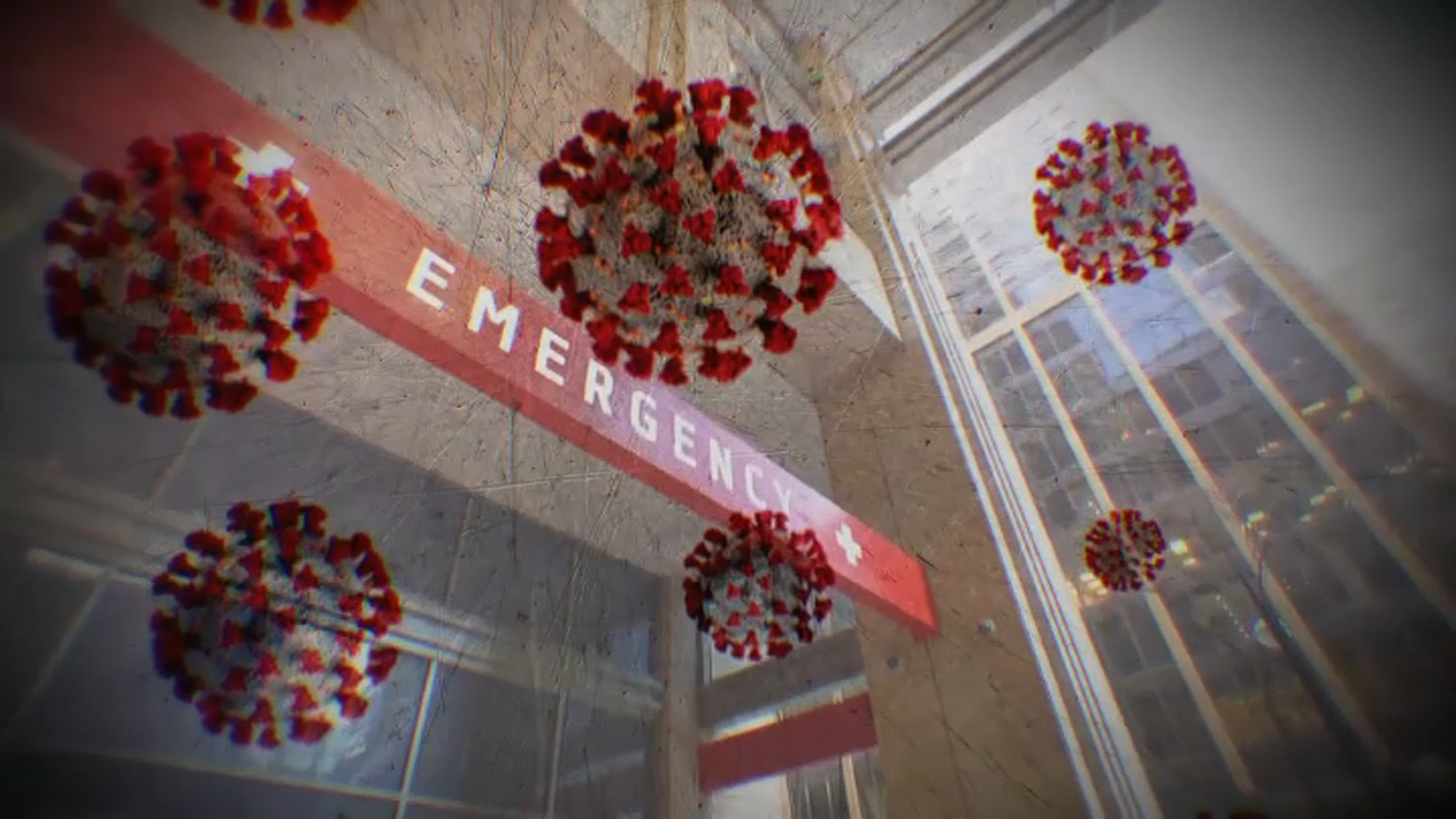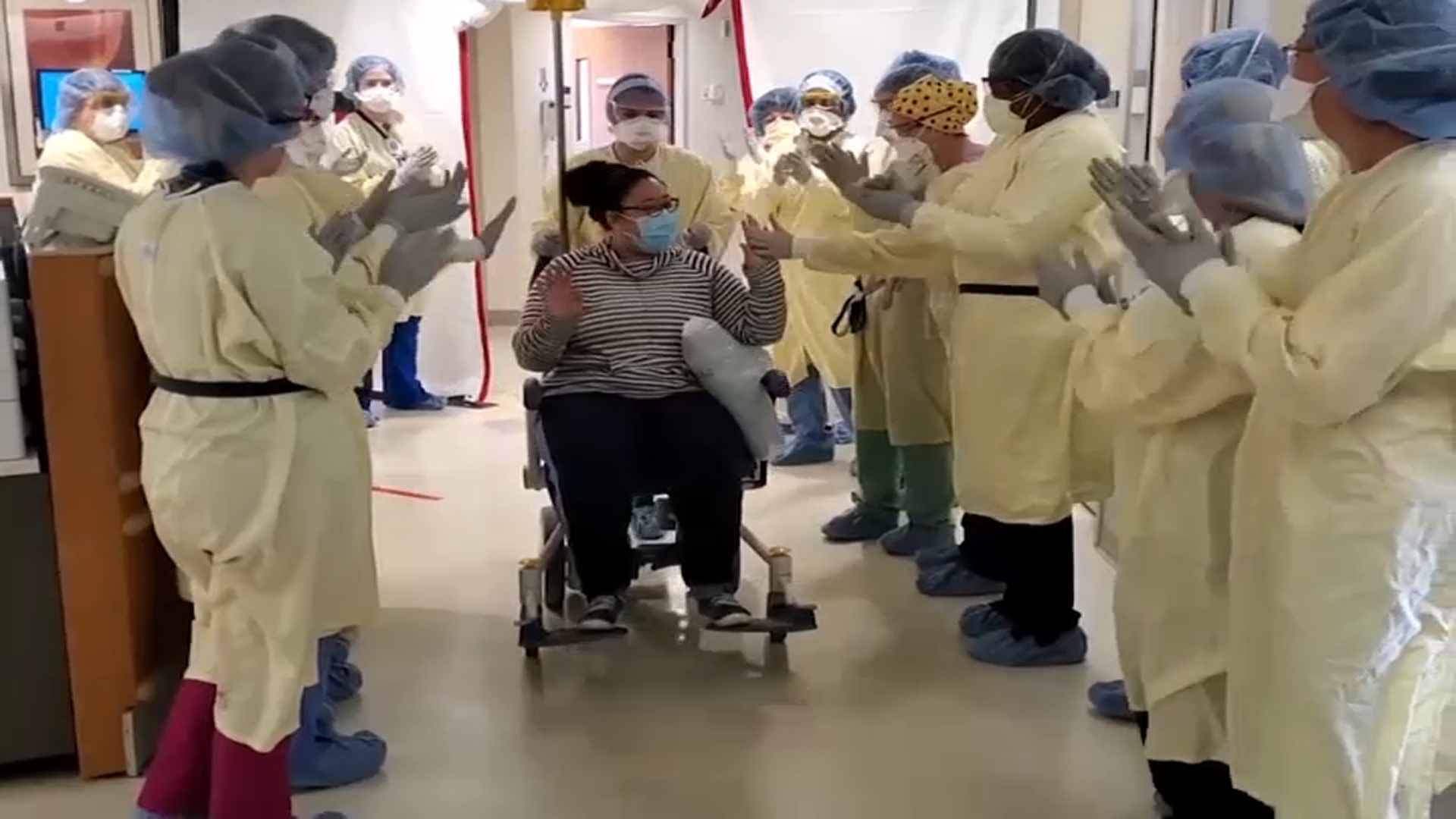Gov. Charlie Baker on Saturday toured the Boston Hope Field Medical Station, Massachusetts' largest field hospital and a key part of the state's coronavirus plan, with the top general in the U.S. Army.
Afterward, they both reflected on the challenges that fighting this "invisible enemy" brings and another urgent crisis seven years ago, the Boston Marathon bombing. Beating the virus will be arduous, they said, but the state will prevail -- if social distancing measures are followed.
"Massachusetts is strong, we are resilient, and we can run any marathon anyone wants us to run," Baker said, though he urged residents not to run the route of the postponed Boston Marathon on Monday, Patriots' Day.
Army Chief of Staff James C. McConville, a Quincy native, was commanding the 101st Airborne Division in Afghanistan when the bombing took place, he said.
"I was so proud of the city, I was so proud of the state because they became Boston strong and they became Massachusetts strong, and they will defeat this virus," McConville said.
They were speaking to the media under a massive logo that said, "Boston Hope," at the 1,000-bed field hospital set up at the Boston Convention and Exposition Center. Half the beds are reserved for overflow hospital patients who aren't in need of critical care, half for homeless people who have tested positive for the virus.
Boston Hope opened last week. Partners Health Care and the Boston Health Care for the Homeless are leading efforts to care for the people admitted to the facility, but it also includes medical staff from the Army Reserve.
"They are very, very proud to have this opportunity to serve side-by-side with the great medical professionals that are here," McConville said.
This week, Baker visited another field hospital in the state, Joint Base Cape Cod in Buzzards Bay, where he said, "We certainly hope we don't need to use these beds, or certainly not all of them."
The facilities are part of the state's plan to handle the surge in coronavirus cases it's now experiencing, allowing hospitals to focus their resources on the most serious cases. Baker said at his briefing Friday that the plan appears to be working so far.
"At this point in time we believe we are doing all the things that our medical community is looking for us to do … to keep up with the increase in hospitalizations," he said at the State House.
On Friday, the Department of Public Health reported that Massachusetts has seen more than 34,000 coronavirus cases and 1,404 deaths. Baker has said that one model of the surge showed that as many as 172,000 people could test positive.
Get top local stories in Boston delivered to you every morning. Sign up for NBC Boston's News Headlines newsletter.



